Press Release: “Violence is not part of the job!”
Five sectoral social dialogue committees adopt revised guidelines to prevent and tackle third party violence and harassment (TPVH) at the workplace
Brussels 6 May 2025
The European sectoral social partners for Local and Regional Governments, Hospitals and healthcare, Education, Hotels, restaurants and cafés (Hospitality), and Central Governments adopted the updated European Multi-sectoral Guidelines to Prevent and Tackle Third-Party Violence and Harassment Related to Work. This follows a six-month round of negotiations last year with the financial support of the European Commission.
This significant achievement demonstrates the unwavering commitment of the involved social partners to ensuring safe, inclusive, and respectful workplaces across Europe and providing evidence-based guidance to their members including health and safety representatives at work.
The revised Guidelines draw upon ILO Violence and Harassment Convention (No.190), existing policies, and collective agreements at national level to address pressing challenges in light of increased episodes of third-party violence and harassment at work following the COVID-19 pandemic and a changing world of work.
They offer to the trade unions and employers:
· Key elements for a TPVH policy devised by management and workers’ representatives and trade unions, anchored in social dialogue, occupational safety and health, gender equality and non-discrimination with an intersectional approach.
· Practical tools and measures for health risk assessments – for example psychosocial risks and staffing levels-, prevention, and responses, such as social dialogue, awareness raising, training and clear reporting and complaint procedures.
· Definitions and principles on fostering a culture of respect and zero tolerance to violence and harassment including by learning from previous incidents and cooperating with relevant public authorities.
· Remedies to support victims and hold perpetrators accountable, including support and transparent investigations.
· A joint TPVH website with practical examples of policies and collective agreements
Following the adoption, the signatories will disseminate and promote the implementation of the guidelines among their members at the national level including in future collective agreements.
On behalf of the employers’ delegation:
“By concluding these updated guidelines, employers reaffirm their commitment to fostering workplaces where safety and respect are at the core, ensuring that both workers and the services delivered to citizens are protected”, said Fabrizio Rossi, CEMR Secretary General.
On behalf of the trade unions’ delegation:
“Workers should never fear going to work. Violence, including gender-based violence, should never be normalised and deemed part of any job. By underlining that every workplace should have a TPVH policy and, importantly, be sufficiently staffed and resourced to do the job, the Guidelines will contribute to eradicating what has become a major safety and health risk”, said Jan Willem Goudriaan, EPSU General Secretary.
In her speech, Marta Branca, HOSPEEM Secretary General says:
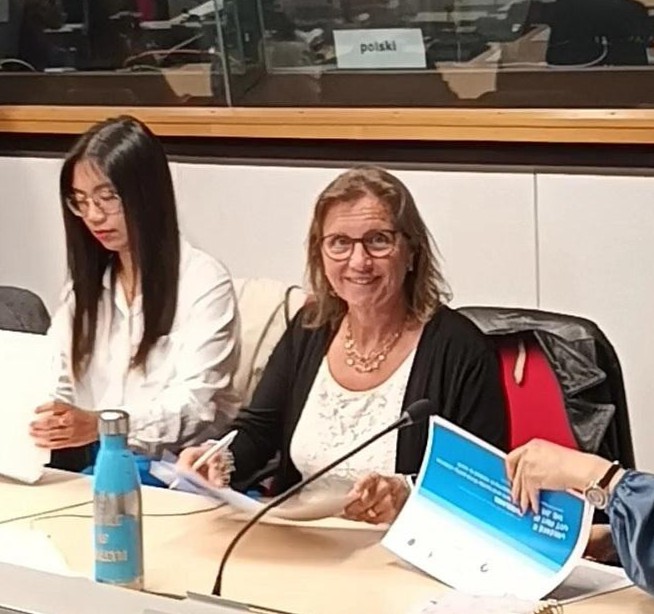
“Updating the guidelines on preventing third-party violence and harassment, reflecting how technology has progressed since the first guidelines as well as introducing a gender-responsive approach, is an important moment for us as social partners in the hospital and healthcare sector. It reflects our shared commitment with trade unions to create safe and supportive working environments .”
For more information, please contact:
CEMR: hamza.bennis@ccre-cemr.org
EPSU: nsalson@epsu.org
HOSPEEM: l.martin@hospeem.eu
CESI: migliori@cesi.org
HOTREC: marta.machado@hotrec.eu
ETUCE: martina.diridolfo@csee-etuce.org
EFEE: monika.hoangthe@educationemployers.eu
EFFAT: v.demoucron@effat.org
EUPAE: carlos.moreno@digital.gob.es
The updated guidelines can be found here (EN)

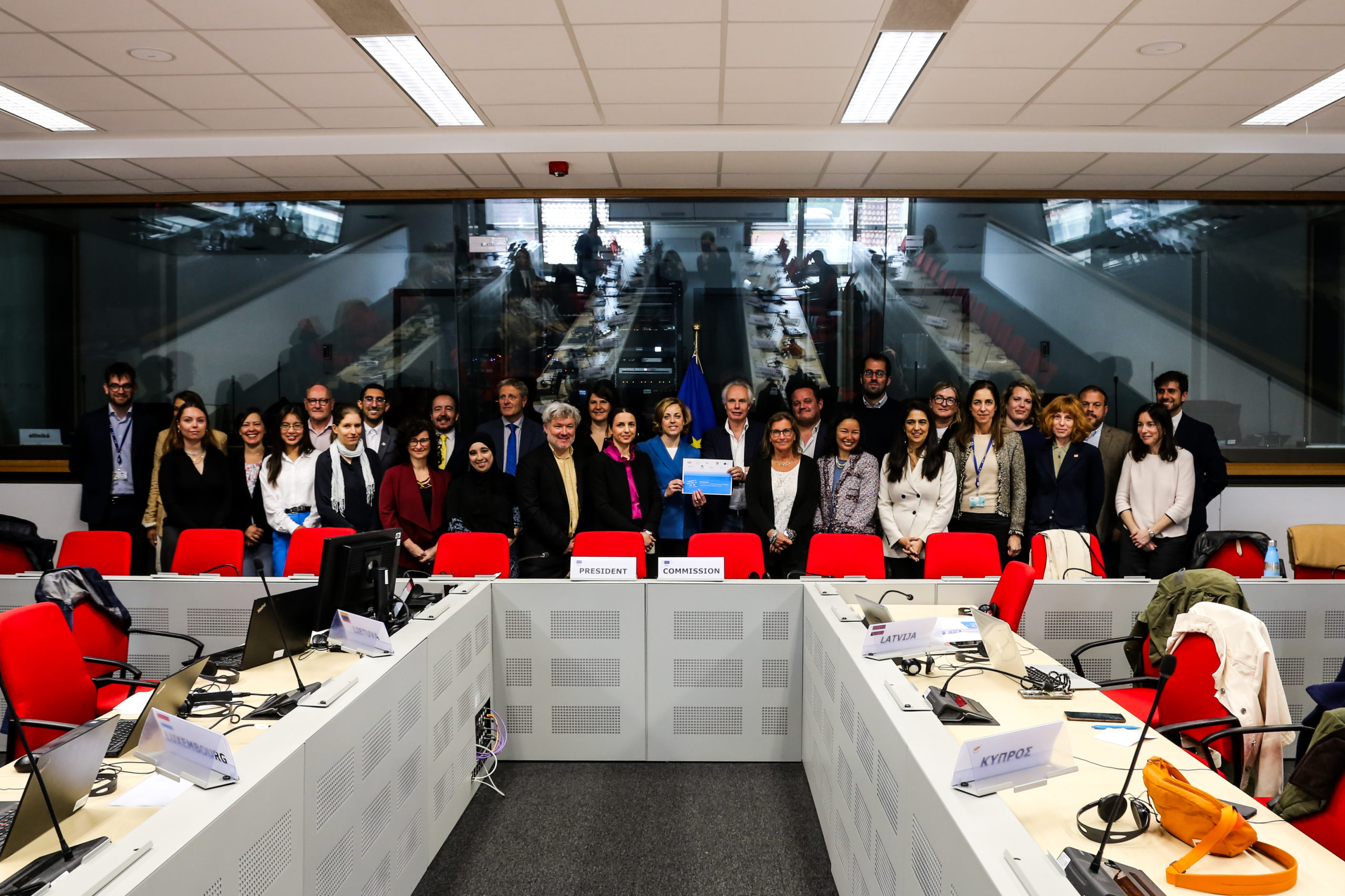

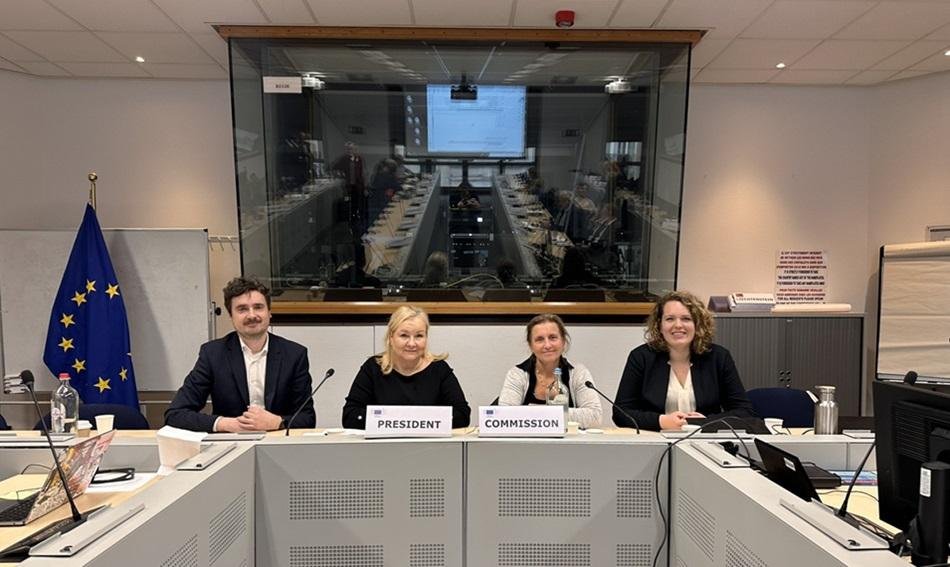
 On 11 October 2024, the European Commission’s DG REGIO hosted partners of the Harnessing Talent Platform, a knowledge-building and experience-sharing initiative aimed at fostering dialogue among relevant stakeholders at the European, national, and regional levels. Since the establishment of four working groups in autumn 2023, focusing on Digital, Health, Research & Innovation, and Territorial issues, eleven issue papers have been published. These papers identify the scope of the challenges and propose actionable outputs.
On 11 October 2024, the European Commission’s DG REGIO hosted partners of the Harnessing Talent Platform, a knowledge-building and experience-sharing initiative aimed at fostering dialogue among relevant stakeholders at the European, national, and regional levels. Since the establishment of four working groups in autumn 2023, focusing on Digital, Health, Research & Innovation, and Territorial issues, eleven issue papers have been published. These papers identify the scope of the challenges and propose actionable outputs.

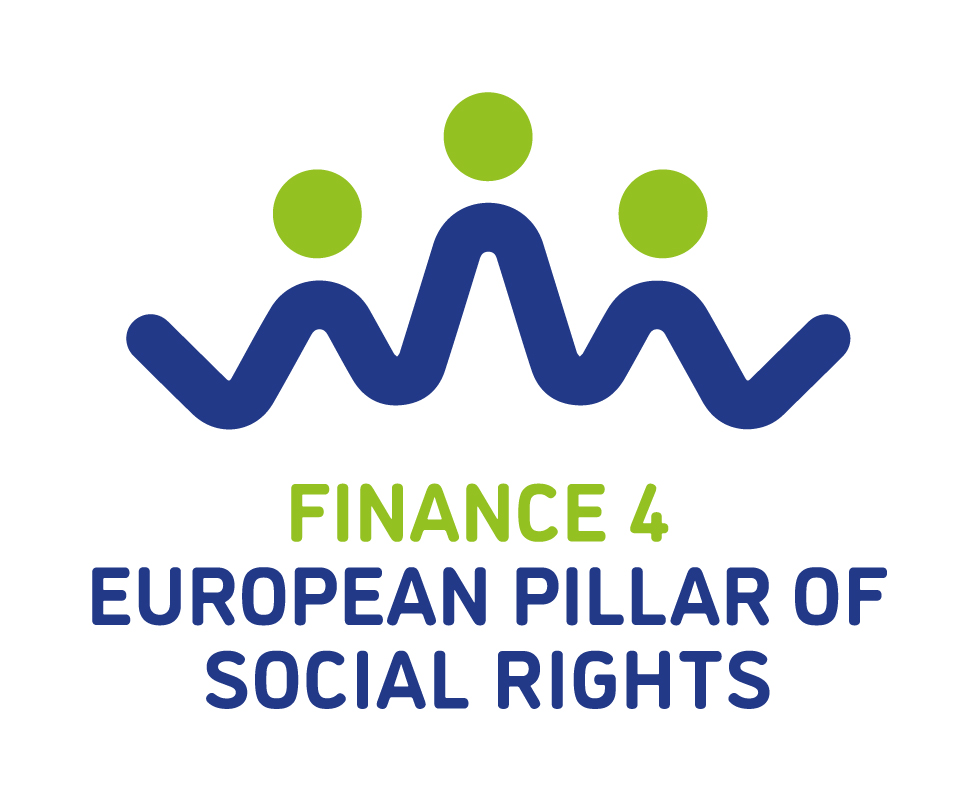
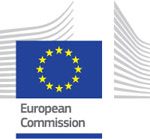
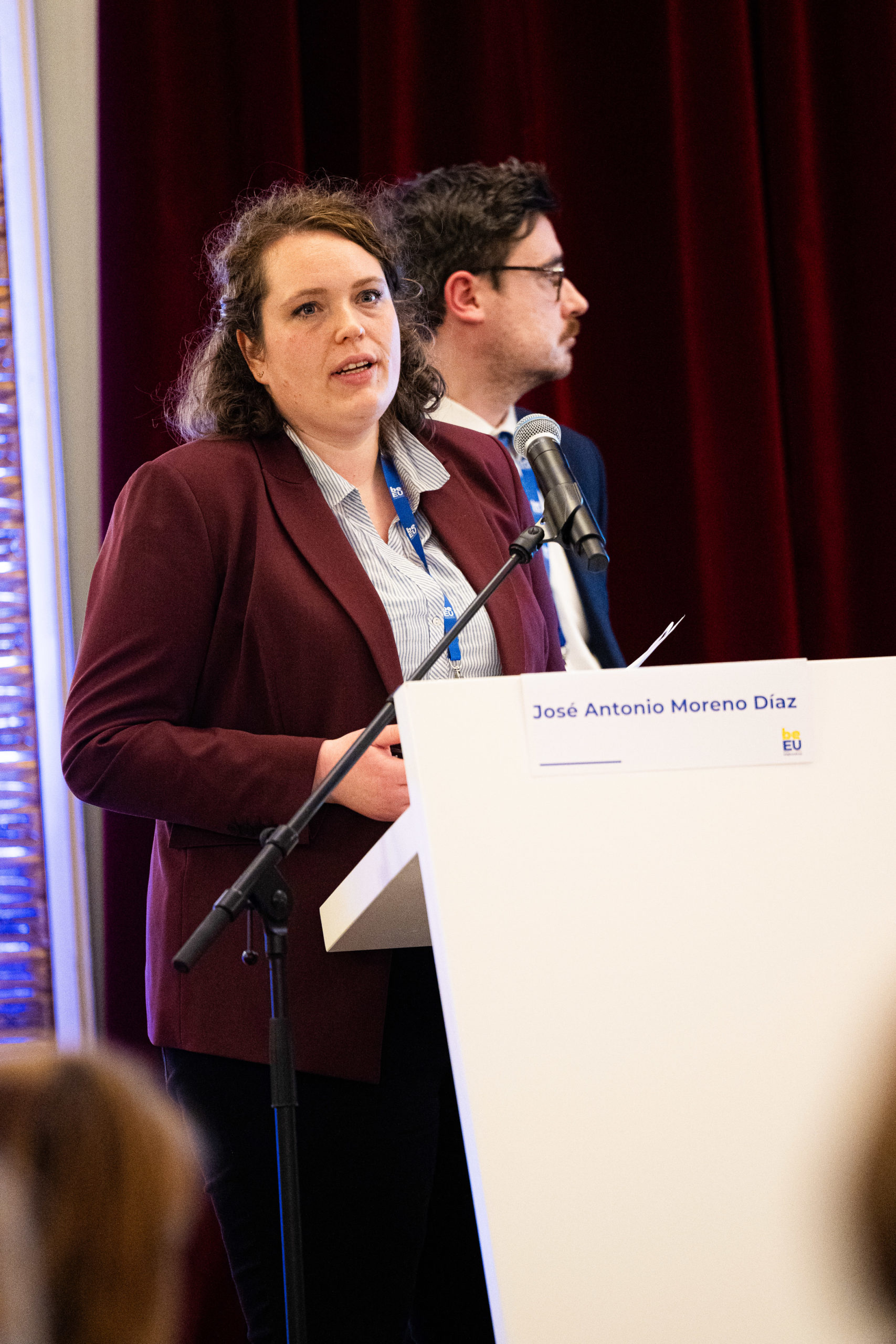
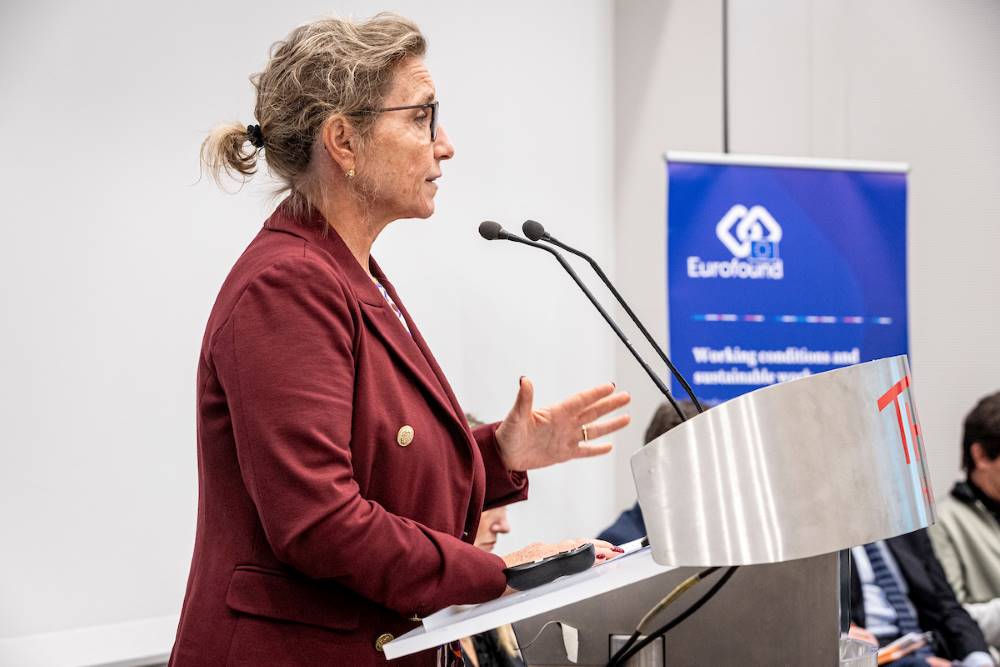
Recent Comments